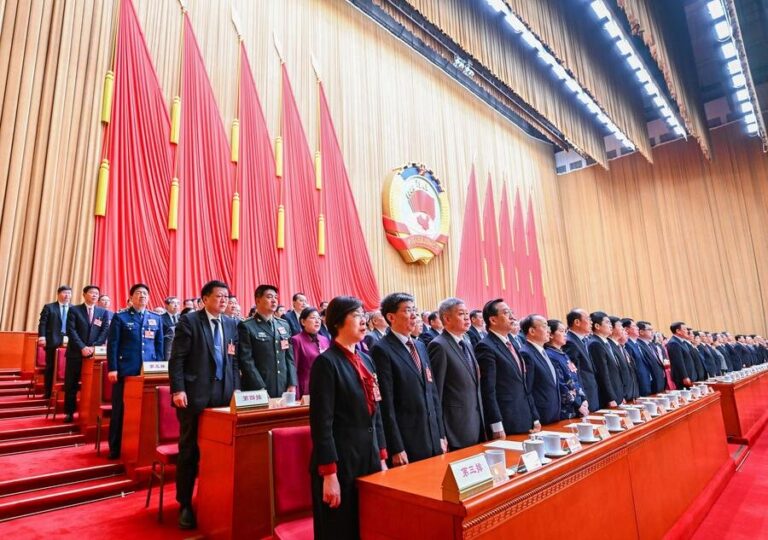Australia’s PM Albanese Shocks Nation with Landslide Victory in Stunning Political Comeback!
In an impressive political turnaround, Labor’s Anthony Albanese has successfully been re-elected as Australia’s Prime Minister, showcasing resilience against the “incumbency curse.” This significant victory not only bolsters Albanese’s position but also indicates a pivotal shift in the Australian political landscape as his government is set to expand its majority substantially. The latest reports from the BBC highlight that the conservative Liberal-National coalition faced a severe defeat across the nation.
As the official vote counting continues, Albanese expressed the sentiments of the Australian people, stating, “Today, the Australian people have voted for Australian values: for fairness, aspiration and opportunity for all; for the strength to show courage in adversity and kindness to those in need.” This statement underscores his commitment to addressing the key issues that resonated with voters during the election.
The election campaign, which spanned five weeks, was heavily influenced by pressing concerns regarding the cost of living. Voters were particularly focused on the affordability of essential services, including healthcare and housing. However, several other critical issues also emerged during the campaign:
- Energy and Climate Change: Discussions around sustainable energy solutions and climate policy were prevalent.
- International Relations: Voters were keen on Australia’s stance on global issues, particularly regarding trade and diplomacy.
- Migration: The debate surrounding immigration policies and their impact on Australian society was a significant focus.
In the wake of the election results, Coalition leader Peter Dutton faced a personal setback, losing his seat after 24 years in Parliament. He publicly accepted “full responsibility” for the party’s defeat and extended his apologies to fellow MPs, indicating a need for reflection and potential restructuring within the party.
As the dust settles on this electoral battle, analysts will be keenly observing how Albanese’s government plans to tackle the myriad of challenges ahead, particularly the ongoing cost of living crisis that has captured the attention of many Australians.
With the election results still being finalized, the implications of this stunning victory for Albanese and the Labor Party are profound. The increased majority will provide the government with a stronger mandate to implement its policies and respond to the pressing issues facing the nation. As further details emerge from the vote counting process, it will be crucial for the new government to prioritize initiatives that resonate with the electorate’s concerns.
In conclusion, Anthony Albanese’s re-election marks a significant moment in Australia’s political history, demonstrating that voters are seeking leadership that aligns with their values and addresses their immediate needs. The Labor Party’s focus on fairness, opportunity, and community support appears to have struck a chord, paving the way for a new chapter in Australian governance. As the new term begins, the government’s ability to deliver on its promises will be closely scrutinized by both supporters and critics alike.
As Australia moves forward, the political landscape is set for transformation, and the focus will now shift to how the Albanese administration handles its expanded mandate and the expectations that come with it. With pressing issues at the forefront, the coming months will be critical in shaping the future of the nation.






